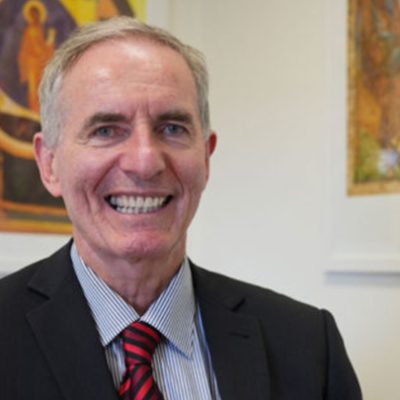
More than 80 per cent of Australian principals have experienced critical incidents in their schools including violent security threats, mental health crises, suicide attempts and medical emergencies, new Australian Catholic University research shows.
And most school leaders feel the frequency of critical incidents – serious, significant and unexpected events that threaten the normal school environment – is increasing.
School leaders have described the toll of dealing with the largely “high” or “extreme” severity critical incidents as leaving them feeling weighed down, stressed, anxious, unsafe, unsupported, burnt out, and struggling.
The study’s chief investigator, Theresa Dicke of ACU’s Institute for Positive Psychology and Education (IPPE), said the research painted an alarming picture.
“The data and comments from school leaders highlight serious and significant fears about the increasing nature and severity of critical incidents in schools and the ongoing capacity of burdened school leaders to continue to have the resilience to deal with them,” Associate Professor Dicke said.
The Understanding Critical Incidents: Empowering Australian School Leaders report, based on survey data from 351 Australian principals, found:
- Most school leaders experienced one or more critical incident (81.5 per cent), with more than half (50.4 per cent) dealing with two or more, and just 18.5 per cent not experiencing a critical incident during their time in leadership.
- More than 70 per cent of reported critical incidents were categorised by school leaders as being of “high” or “extreme” severity.
The most common incidents reported were security threats (21.2 per cent), followed by mental health crises (12.3 per cent), suicide threats or attempts (10.8 per cent) bullying (10.8 per cent), and medical emergencies (9.9 per cent).
Separate data from ACU’s most recent annual Principals Health & Wellbeing Survey showed almost 74 per cent of 1878 respondents experienced a critical incident.
Fellow study chief investigator and former school principal Paul Kidson, of ACU’s School of Education, said school leaders reported that factors including poor mental health, parental abuse, COVID-19 fallout, social media and worsening community attitudes towards school staff had contributed to critical incidents.
Associate Professor Dicke said the research, funded by the Principals Australia Research Foundation, emphasised the need for better support systems to help school leaders manage critical incidents.
FULL STORY
Critical incidents taking a significant toll on school leaders – study (ACU)






